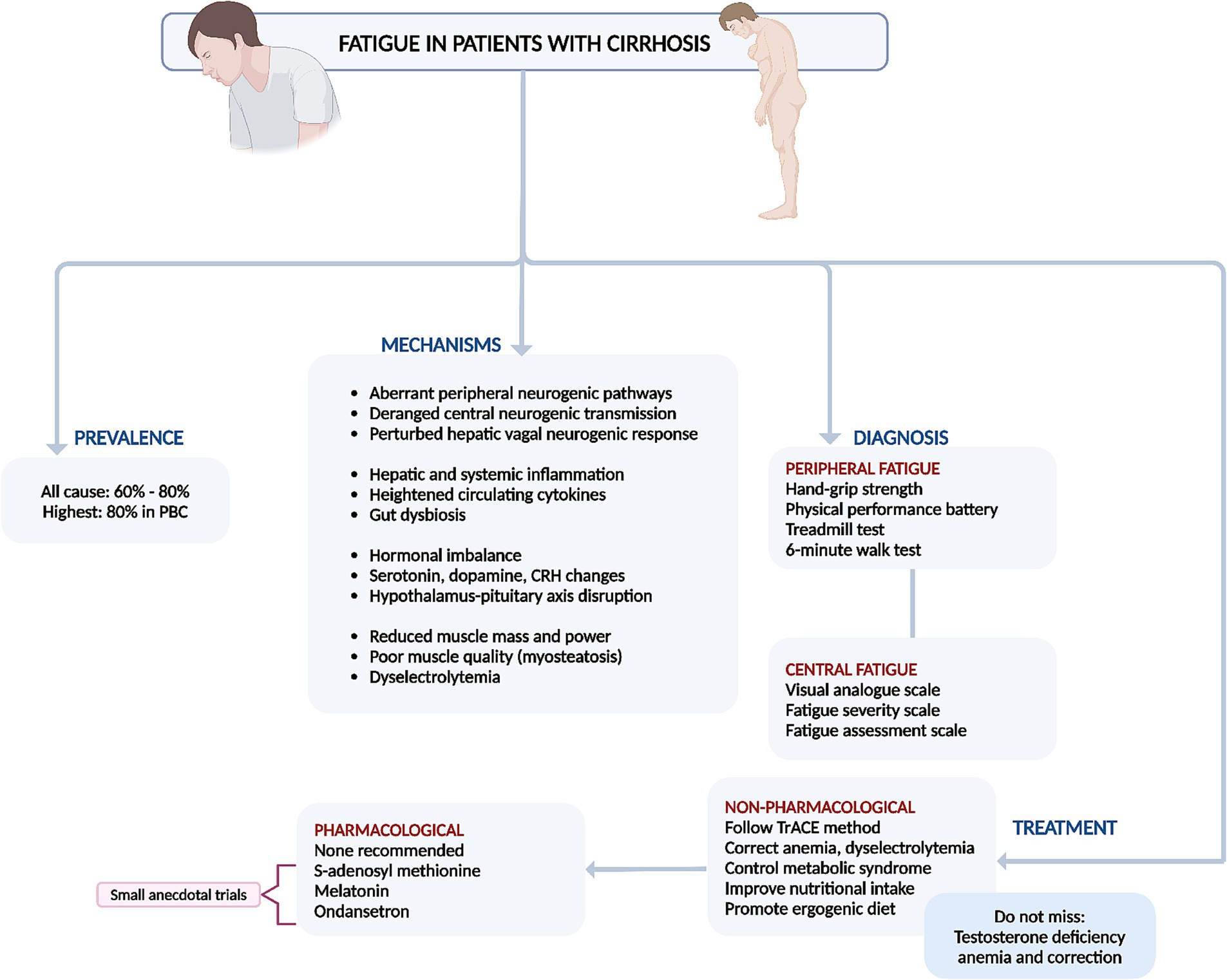Summary
Provigil, known generically as modafinil, is a wakefulness-selling agent that has gained important attention for its potential to deal with numerous sleep disorders, improve cognitive function, and enhance general high quality of life. This article aims to provide an in depth overview of modafinil's pharmacological properties, therapeutic functions, mechanisms of motion, potential unintended effects, and implications to be used in both clinical and non-clinical settings.
Introduction
Modafinil was first approved by the U.S. Meals and Drug Administration (FDA) in 1998 for the therapy of narcolepsy, a condition characterized by excessive daytime sleepiness. Since then, its use has expanded to incorporate other sleep-associated disorders equivalent to obstructive sleep apnea and shift work disorder. Additionally, modafinil is commonly used off-label for its cognitive-enhancing effects, making it widespread among students, professionals, and individuals in search of to enhance their mental efficiency.

Pharmacology
Modafinil is labeled as a eugeroic agent, which suggests it promotes wakefulness with out the stimulating results commonly related to traditional stimulants like amphetamines. The precise mechanism of action of modafinil shouldn't be fully understood, however it is believed to contain several neurotransmitter programs, together with dopamine, norepinephrine, and orexin.
Dopamine reuptake inhibition is one in every of the first mechanisms by way of which modafinil exerts its effects. By blocking the dopamine transporter, modafinil will increase the focus of dopamine in the synaptic cleft, resulting in enhanced wakefulness and alertness. Moreover, modafinil is thought to extend the levels of norepinephrine and orexin, both of which play vital roles in regulating arousal and wakefulness.
Therapeutic Purposes
Modafinil is primarily indicated for the remedy of sleep disorders, however its functions extend beyond this scope.
- Narcolepsy: Modafinil is efficient in reducing extreme daytime sleepiness related to narcolepsy. Clinical research have demonstrated significant enhancements in wakefulness and overall quality of life in patients receiving modafinil compared to placebo.
- Obstructive Sleep Apnea (OSA): Patients with OSA usually experience excessive daytime sleepiness regardless of treatment with continuous constructive airway strain (CPAP). Modafinil has been proven to improve wakefulness and cognitive operate in these patients, making it a beneficial adjunctive remedy.
- Shift Work Disorder: People who work non-conventional hours might battle with sleep disturbances and extreme daytime sleepiness. Modafinil has been discovered to reinforce alertness and efficiency in shift staff, serving to them adapt to their schedules.
- Cognitive Enhancement: Beyond its authorised uses, modafinil is continuously used off-label as a cognitive enhancer. Analysis suggests that modafinil might enhance executive capabilities, reminiscence, and a spotlight in wholesome people, leading to its popularity amongst students and professionals looking for a competitive edge.
While modafinil is mostly nicely-tolerated, it's not without potential unintended effects. Frequent unwanted side effects embody headaches, nausea, dizziness, and insomnia. Critical adversarial results, though uncommon, can occur, including pores and skin rashes, allergic reactions, and psychiatric signs reminiscent of anxiety and agitation. It is important for individuals contemplating modafinil to consult with a healthcare professional to weigh the advantages against the dangers.
Implications to be used
The rising reputation of modafinil for cognitive enhancement raises ethical and societal questions. Whereas some argue that its use can result in improved productiveness and mental performance, others specific issues about the potential for abuse and the implications of "pharmacological enhancement" on academic integrity and office fairness.
- Moral Issues: The use of modafinil as a cognitive enhancer raises moral questions regarding fairness and the potential for coercion. If modafinil becomes a normal for efficiency, individuals who select not to make use of it might discover themselves at an obstacle.
- Regulation and Accessibility: The availability of modafinil with out a prescription in some areas has led to considerations about misuse and abuse. Regulatory our bodies should consider learn how to steadiness accessibility with the necessity to prevent potential harm from non-medical use.
- Lengthy-Term Results: The long-time period effects of modafinil use, significantly in healthy individuals, remain largely unknown. Ongoing analysis is necessary to know the implications of chronic use and whether it might result in dependence or other opposed outcomes.
buy modafinil online reviews represents a big development in the remedy of sleep disorders and has garnered attention for its potential cognitive-enhancing results. While it provides numerous benefits for people with specific medical conditions, its use as a cognitive enhancer in healthy people presents moral dilemmas and potential risks that warrant cautious consideration. As research continues to evolve, healthcare providers, patients, and society should navigate the complexities surrounding buy modafinil online review to ensure its safe and accountable use.

References
- Schwartz, J. R., & Roth, T. (2008). Modafinil for the therapy of excessive daytime sleepiness associated with narcolepsy. Sleep Medication Opinions, 12(4), 265-276.
- Wang, H., & Wang, Y. (2017). The cognitive-enhancing effects of modafinil: A scientific assessment. Neuroscience & Biobehavioral Critiques, 73, 1-12.
- Battleday, R. In the event you loved this post and you wish to receive more info concerning buy modafinil Online generously visit our own internet site. M., & Brem, A. Ok. (2015). Modafinil and cognitive efficiency: A systematic overview. Neuroscience & Biobehavioral Critiques, 50, 1-19.
- Ramar, Okay., & Dort, L. C. (2017). Clinical Apply Tips for the Therapy of Obstructive Sleep Apnea and Snoring. Journal of Clinical Sleep Medication, 13(3), 479-504.
- Ritchie, H. (2020). The ethics of cognitive enhancement: A assessment. Bioethics, 34(5), 485-493.







